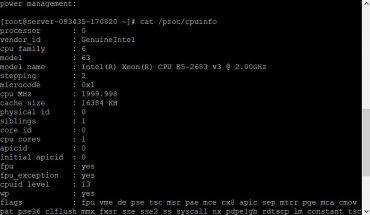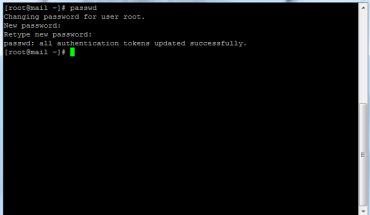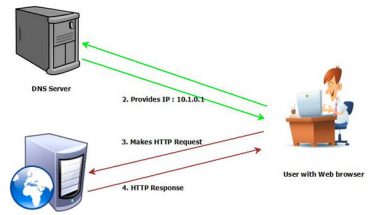The choice of the server platform is not a question of licensing costs and functional scope of the operating system. More important are simple licensing procedures and suitable applications.
Particularly in economically difficult times, the IT costs are often subjected to a critical test. Licensing and maintenance costs play especially in medium-sized enterprises a major role in the IT budget. And a narrow personnel ceiling leaves little room for technological innovations that could offer a competitive advantage. IT must not only be cost-effective in purchasing, but also daily administration must be as simple as possible.
In the area of server platforms while courting two main operating systems to the customer’s favor: Microsoft Windows and some Linux distributions – while the classic Unix was significantly suppressed in the past few years and the SME plays only a niche role for special applications. For the fourth quarter of 2009 the market researchers of IDC determined that in the EMEA (Europe, Middle East, Africa) Linux can list as a server operating system healthy sales growth, Microsoft Windows servers with more than 42 percent market share in terms of sales, however, the top dog And the dominant position will be expanded. However, a comparison of Linux and Windows to sales figures is of limited significance: Linux servers are due to the open source does not always deposited model modeling with a commercial license, the free distributions as mentioned are not included in the statistics.
Especially the big IT vendors like IBM or Oracle advocating the use of open-source operating system. Big Blue would like to introduce Linux in the market for small and medium-sized enterprises, for example by preconfigured Linux servers as the basis for the in-house Groupware server Lotus Domino. But also pure Linux specialists or regionally active system houses offer Linux in all flavors for small and medium enterprises. The market for commercially licensed Linux server, Senior Advisor of loud Carlo Velten Experton Group , determined in Germany mainly from three vendors: Novell with SUSE Linux , Red Hat and Collax .
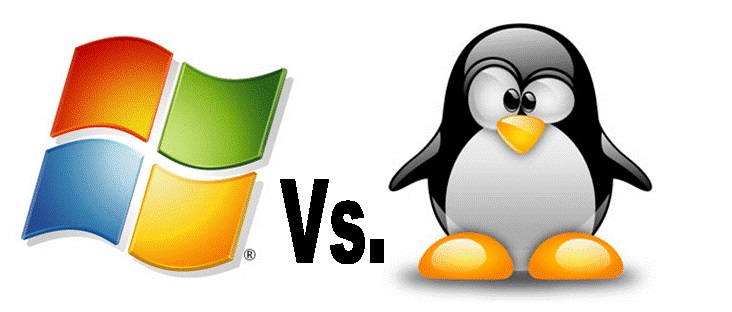
The two server platforms Windows and Linux compare directly, is a Sisyphean task: Different forms of license, software equipment and limitations murky transparency. While in the Windows environment licensing is common to servers and accessing clients, Linux distributors earn their money with support contracts. In this framework, they not only provide help with problems, but also evaluate updates from the community, certify the platform for specific applications, and provide patches and fixes. As a rule, annual fees are charged. In turn, the number of people accessing PCs usually plays no role – exceptions like the Novell Open Workgroup Suite Small Business Edition or the Collax Business Server to the rule. These are in contrast to the pure server products such as Suse Linux Enterprise or Red Hat Enterprise Linux will be settled on a user basis. However, it is easy for non-critical users to use free community distributions that are not covered by the guarantees of a manufacturer.
The range of functions is also difficult to compare. No pure operating systems have been offered for a long time. All platforms include a broad range of functions that are strictly related to the application side. And many open-source applications are indeed operated typically on Linux, but are also available for Windows. One example is the Web server Apache . “The server operating system and its functionalities are commodity,” explains expert consultant Velten. “It does not matter if a company decides for Windows or for Linux.”
A question of money

This puts the financial question at the center. Especially with license costs of the middle class has a need for uncomplicated offerings, for example due to the consolidation of servers using virtualization : According to a survey by Forrester Research from last year among 2600 IT decision makers in the US and in Europe are lagging. For example, 53 percent of respondent decision-makers from small and medium-sized enterprises stated that virtualization on x86 servers is already in use or will soon be introduced. In the case of large companies, Forrester identified a share of 54 percent. In the virtualization of operating systems, on the other hand, SMEs were clearly ahead of the big ones. And with the use of virtualization, the issue of licensing costs for virtual machines and their applications is gaining weight. However: When it comes to the question of which server operating system is to be deployed in the company, it is not the pure investment costs but the long-term costs that are decisive.
Windows is not more expensive
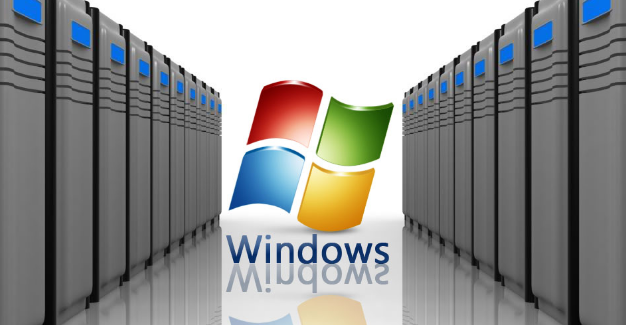
The oft-cited argument that Linux is cheaper than Windows is just not acceptable: “Windows is not necessarily more expensive We must not only look at the license costs, and the administrative burden needs as to be calculated here, the costs vary mainly from the knowledge. How an administrator with good Windows knowledge can make Windows less expensive than Linux.” In addition, Microsoft had set up cheap product packages for medium-sized businesses.
Microsoft sets in this market in addition to the conventional single products on the Windows Small Business Server (SBS) . It contains in addition to the server operating system equal to the most important applications in a box about Exchange – and SharePoint servers. Configuration and administration have also been adapted and simplified to meet the needs of small and medium-sized enterprises.
The Windows SBS can support a maximum of 75 users. It is available in a premium and a standard version – Premium includes the SQL database server from Redmond, which is not available in standard output. New in the Microsoft portfolio is the Windows Server 2008 R2 Foundation, which can be used as a single server for a maximum of 15 users.


